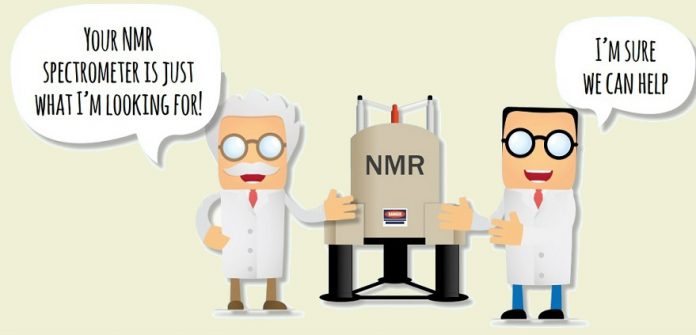
Open data is enabling higher education institutions to discover and make the most of opportunities to collaborate, share equipment and expertise. Adrian Cox, project manager at equipment.data, writes about how this kind of collaboration is helping to achieve efficiencies.
In July I wrote an article about the challenge of increasing the utilisation of research equipment and how we might deliver improved efficiencies, and highlighted the equipment.data project as one of the responses to this challenge.
Some of the observations arising from our work have informed the latest review of efficiency in UK Universities, being led by Professor Sir Ian Diamond. His recent blogpost highlights how equipment sharing and the use of open data could play a role in helping universities to become more efficient. Not surprisingly opportunities to improve delivery in these areas are already emerging.
Discovering and sharing research outputs
For instance, in my last article I raised the concept of more timely data sharing and how this may actually increase efficiency, which may not be as crazy as it sounds.
With data management planning (DMP) requirements now applied to managing research outputs (for example samples) as well as outcomes (for example publications and impact) – many would argue these requirements represent further resource demand. However, by extending the application of DMP to managing research outputs this could actually present greater opportunities to achieve added value from the publication of this data.
By introducing more effective ways of capturing the data and making it more discoverable, we could see the emergence of output repositories enabling subscription based or even free sharing of data.
Working together to explore linked open data
We are arriving at a time when a range of current initiatives such as Jisc’s discovering digital collections and Research Data Registry and Discovery Service project along with equipment.data, the national equipment portal, could work together to deliver such a change.
Universities UK, in their lead role in the Diamond Review, is well placed to highlight the opportunities that such projects present and through this blog series there is a forum for an open discussion about the role open data can take in higher education.
Obviously, what we publish will require thought in addressing data protection and issues of sensitivity. However, the systems to achieve efficient and effective sharing of our data without a great deal of effort are closer than we think.
A process of change may in fact be through small policy interventions, such as additional requirements for structuring of data in data management plans. These could include for example, encouraging a simple metadata profile for outputs and adopting technologies to enable the discovery of the metadata.
Measuring energy efficiencies
In a previous article, I highlighted how simple interventions such as lab sizing could help achieve efficiencies in estates. Estates management will clearly play an important role in enabling efficiencies through design and refurbishment of our estates infrastructure. However, the data collected in this process can also play an important role.
In identifying effective methods for the capture of facilities management data we should explore how costs, for example energy consumption, can be reduced. Could a simple system of Energy Performance Certificates be introduced enabling benchmarking of energy efficiency data? This approach could be aligned with institutional targets within Carbon Reduction Strategies.
The future
Moving forwards there are some important common strands that sector stakeholders should explore to progress such developments. This will include the role of the funders and the changes they could influence through the grant process, facilities and estates managers exploring longer term energy efficiency interventions and procurement managers establishing targets for efficiency during equipment procurement exercises.
In my area of work, a great deal has been done in response to the need for greater efficiency, primarily through the research council equipment guidelines and the development of equipment databases and process guides, for example the N8 Equipment Sharing Toolkit.
However, further conversations are required if we are to become more efficient in the regular use of research facilities and equipment. Working together, we could deliver relatively simple but high impact interventions enabling a cultural change that will realise longer term measurable efficiency.
Adrian Cox is project manager at equipment.data, based at the University of Southampton







